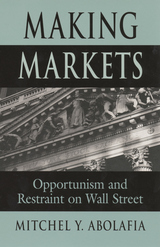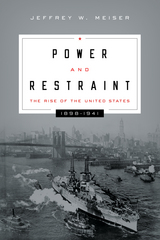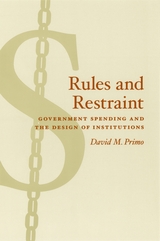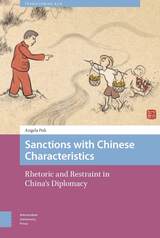
In the wake of million-dollar scandals brought about by Michael Milken, Ivan Boesky, and their like, Wall Street seems like the province of rampant individualism operating at the outermost extremes of self-interest and greed. But this, Mitchel Abolafia suggests, would be a case of missing the real culture of the Street for the characters who dominate the financial news.
Making Markets, an ethnography of Wall Street culture, offers a more complex picture of how the market and its denizens work. Not merely masses of individuals striving independently, markets appear here as socially constructed institutions in which the behavior of traders is suspended in a web of customs, norms, and structures of control. Within these structures we see the actions that led to the Drexel Burnham and Salomon Brothers debacles not as bizarre aberrations, but as mere exaggerations of behavior accepted on the Street.
Abolafia looks at three subcultures that coexist in the world of Wall Street: the stock, bond, and futures markets. Through interviews, anecdotes, and the author’s skillful analysis, we see how traders and New York Stock Exchange “specialists” negotiate the perpetual tension between short-term self-interest and long-term self-restraint that marks their respective communities—and how the temptation toward excess spurs market activity. We also see the complex relationships among those market communities—why, for instance, NYSE specialists resent the freedoms permitted over-the-counter bond traders and futures traders. Making Markets shows us that what propels Wall Street is not a fundamental human drive or instinct, but strategies enacted in the context of social relationships, cultural idioms, and institutions—a cycle that moves between phases of unbridled self-interest and collective self-restraint.

At the end of the nineteenth century, the United States emerged as an economic colossus in command of a new empire. Yet for the next forty years the United States eschewed the kind of aggressive grand strategy that had marked other rising imperial powers in favor of a policy of moderation.
In Power and Restraint, Jeffrey W. Meiser explores why the United States—counter to widely accepted wisdom in international relations theory—chose the course it did. Using thirty-four carefully researched historical cases, Meiser asserts that domestic political institutions and culture played a decisive role in preventing the mobilization of resources necessary to implement an expansionist grand strategy. These factors included traditional congressional opposition to executive branch ambitions, voter resistance to European-style imperialism, and the personal antipathy to expansionism felt by presidents like Woodrow Wilson and Franklin Roosevelt. The web of resilient and redundant political restraints halted or limited expansionist ambitions and shaped the United States into an historical anomaly, a rising great power characterized by prudence and limited international ambitions.

One reason budget rules are ineffective, David Primo shows, is that politicians often create and preserve loopholes to protect programs that benefit their constituents. Another reason is that legislators must enforce their own provisions, an arrangement that is seriously compromised by their unwillingness to abide by rules that demand short-term sacrifices for the sake of long-term gain. Convinced that budget rules enacted through such a flawed legislative process are unlikely to work, Primo ultimately calls for a careful debate over the advantages and drawbacks of a constitutional convention initiated by the states—a radical step that would bypass Congress to create a path toward change. Rules and Restraint will be required reading for anyone interested in institutional design, legislatures, and policymaking.

Using a wide range of methods and data – including in-depth interviews with 76 current and former politicians, policy-makers, diplomats, and commercial actors across 12 countries and 16 cities – Sanctions with Chinese Characteristics: Rhetoric and Restraint in China’s Diplomacy examines the ways in which China had employed economic sanctions to further its political objectives, and the factors explaining China’s behaviour. This book provides a systematic investigation into the ways in which Chinese decisionmakers approached sanctions both at the United Nations Security Council and unilaterally, and shows how China’s longstanding sanctions rhetoric has had a constraining effect on its behaviour, resulting in its inability to employ sanctions in complete alignment with its immediate interests.
READERS
Browse our collection.
PUBLISHERS
See BiblioVault's publisher services.
STUDENT SERVICES
Files for college accessibility offices.
UChicago Accessibility Resources
home | accessibility | search | about | contact us
BiblioVault ® 2001 - 2024
The University of Chicago Press









